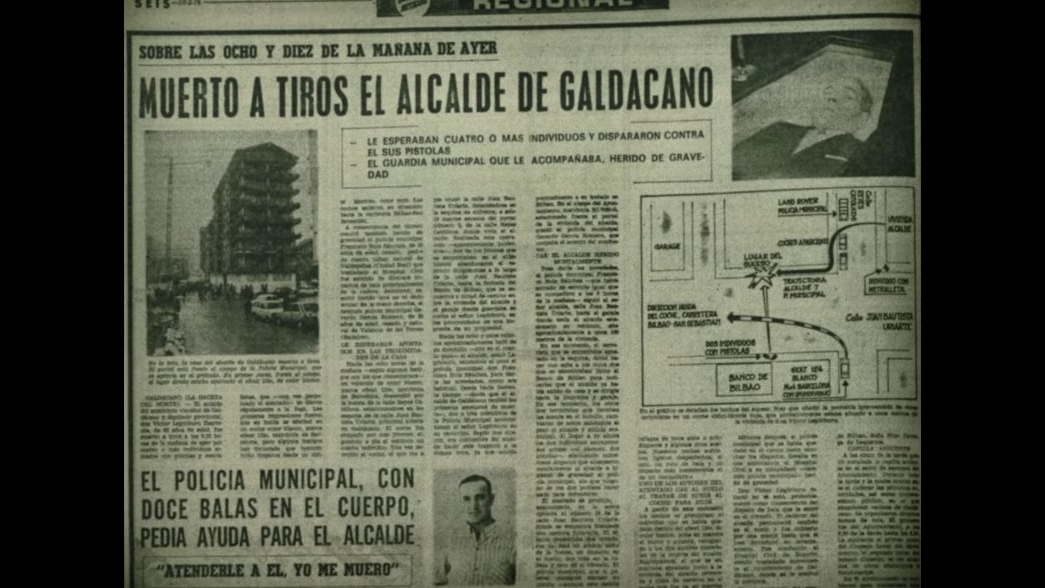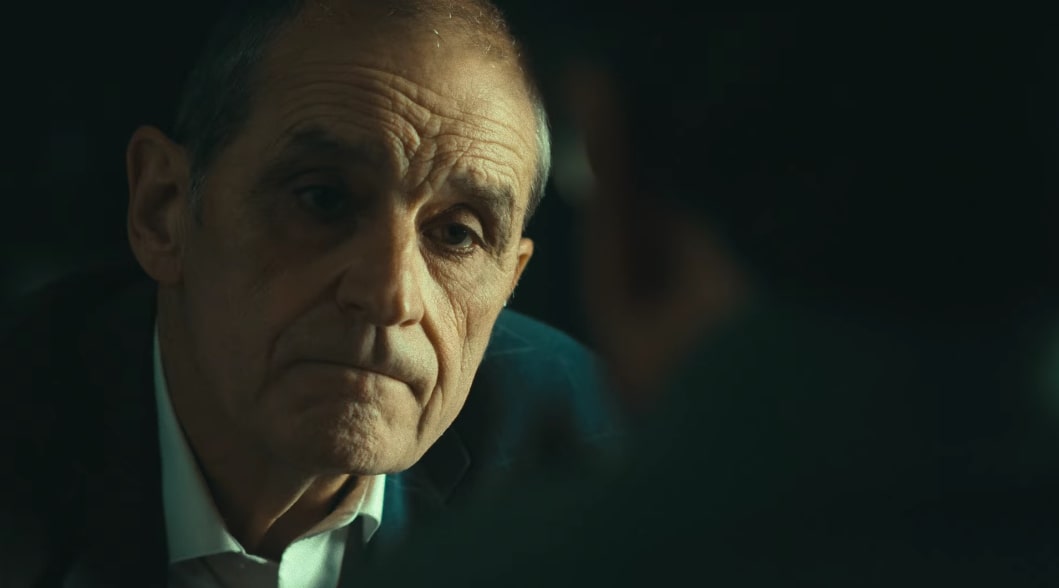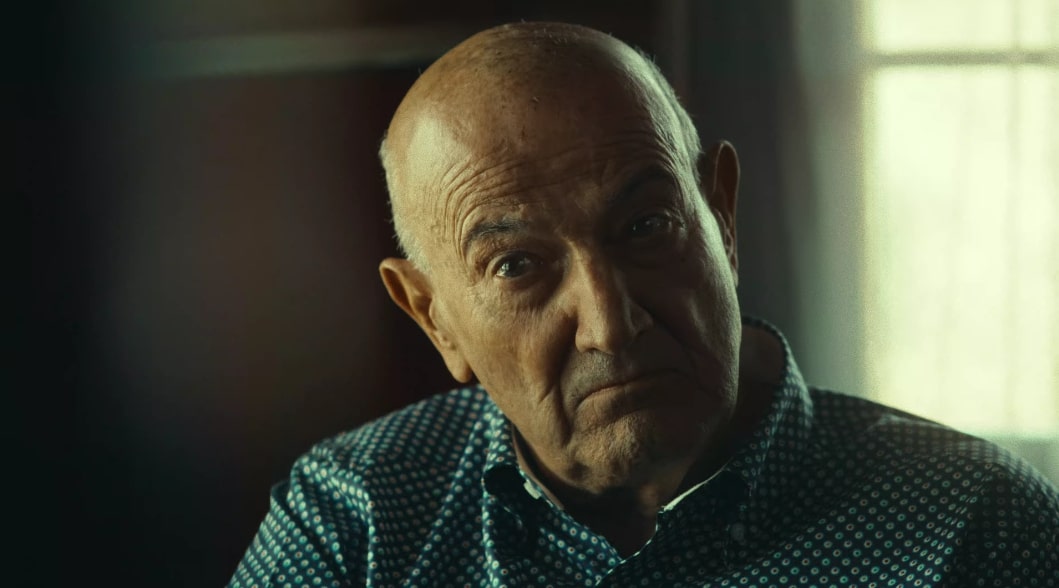As a documentary film living up to its title in every way conceivable, Netflix’s ‘Face to Face with ETA: Conversations with a Terrorist’ can only be described as haunting, intriguing, and shocking. That’s because it carefully revolves around Josu Urrutikoetxea (or Josu Ternera), a key member of the recently defunct ETA terrorist organization, as he unveils precisely what they did and why. Amongst it all is actually the mention of Galdácano Mayor Víctor Legorburu Ibarreche’s brutal 1976 homicide too — so now, if you simply wish to learn more about it, we’ve got the details for you.
How Did Víctor Legorburu Die?
At the age of 63, Basque Country native Victor was honestly leading a rather cozy, comfortable life in high-class society when everything was truly snatched away from him in the blink of an eye. The truth is he was not just the Mayor of Galdácano in Biscay but also a happily married father of two, so it wasn’t unusual for him to have bodyguards around his family estate for all their protection. But alas, even this precaution didn’t help on February 9, 1976, when he was ambushed right on his doorstep early in the morning — he sadly passed away at the scene while his guard survived.

According to reports, Victor had a set routine wherein he left for work every single day at 8 am sharp, so his rotating roster of security personnel also knew to meet him outside at this exact time. Unfortunately, though, his rigidness in terms of his schedule resulted in his enemies figuring out his pattern, which they then took complete advantage of on the fateful day by ambushing him.
One individual reportedly signaled to his accomplices the moment this Mayor stepped outside, who then opened fire with machine guns before a final triggerman finished the job with a handgun. They killed Victor right at the spot with five or six bullets, but his bodyguard, Francisco Ruiz Sanchez, somehow managed to survive despite having endured 12 gunshot wounds all across his body.
Who Killed Víctor Legorburu?
It was actually ETA (Euskadi Ta Askatasuna, or Basque Homeland & Liberty) who’d executed a near-perfect assassination of Víctor Legorburu Ibarreche prior to claiming responsibility the same day. Their military branch had reportedly done quick work of distributing their statement to the French Basque Country’s local press, which subsequently rushed to publish the news and made it global.

As for the three or four specific individuals involved in this matter, the truth is that because Spain put the Amnesty Law into place in 1977, they were essentially pardoned without facing justice. Coming to their motives, per the documentary, ETA was tired of how this government was running things and wished to be independent by taking matters into their own hands, only for things to turn violent. In fact, records suggest that in an attempt to get their message across, they’d even burned down a printing press Victor had set up just before getting married (around the 1930s) two years prior.
However, once that didn’t work, they sent him and all other Mayors a note in late 1975, giving them three months to resign or face consequences — Victor was shot on the day this deadline expired. This matter was hence wound up without any real closure in the 1970s, but key former ETA member Josu Urrutikoetxea (or Ternera) recently helped by indicating he’d had a hand in planning it. “Obviously, I [feel responsible for his death],” he candidly conceded in the original film. “I take responsibility as much it relates to me, as a member of ETA at the time. I take responsibility for what I did.”

Then, upon being asked if he had anything to say to Victor’s family or survivor Francisco, Josu added, “I extend my deepest sympathies… I want to say something. Killing isn’t pleasurable for anyone. Anyone. Obviously not for the person who is killed or for their family. But killing isn’t pleasurable for the killer either. It is, and will always be, a burden which that person, man or woman, will carry to the end of their days… I’ll say it for the third time, I take responsibility for what I did. I carry that burden.” However, he never once expressed any regret. Plus, it’s imperative to note that the Spanish authorities have also not made any move since to reopen this case or indict Josu with Victor’s murder.
Read More: Josu Urrutikoetxea AKA Josu Ternera: Where is the ETA Terrorist Now?


You must be logged in to post a comment.